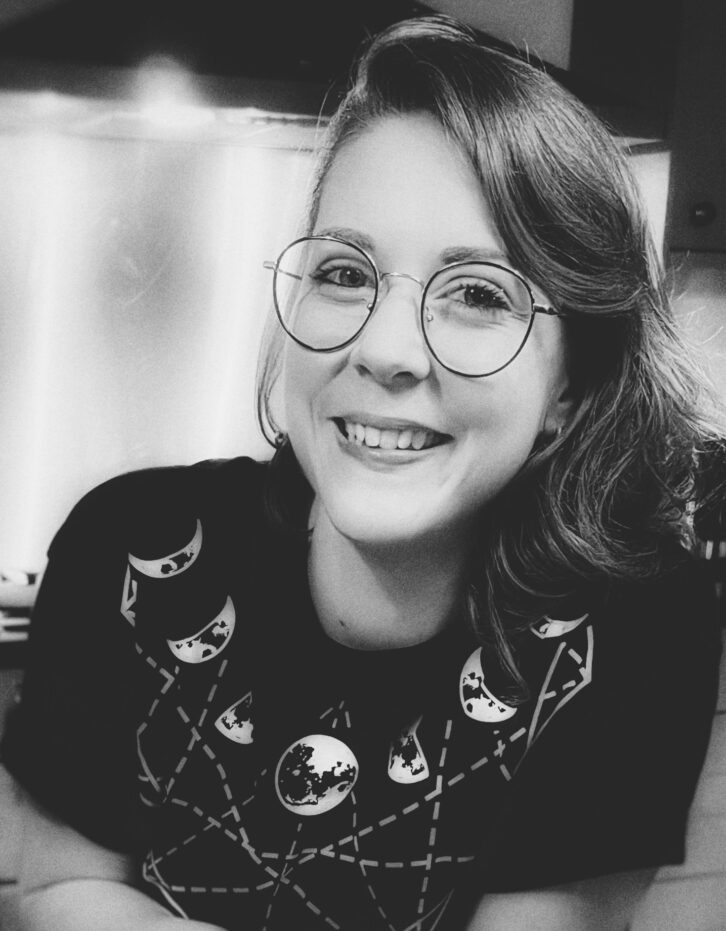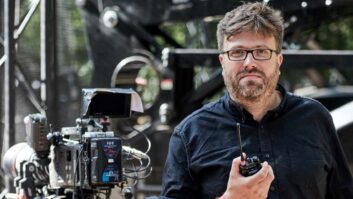Laura Hewett, colourist and on-line editor, Bumblebee – part of Zinc Media Group, tells TVBEurope how curiosity about film and television led to a career in post production.
Talk us through an average day in your role
An average day for me can vary quite dramatically depending on the requirements of the project I am working on. Every project has different budgets, different content, different talent involved and therefore a varied task load. I work within the time given and the tasks applicable for each project.

As someone who often works to tight deadlines mainly on broadcast long-form content in the factual and entertainment genre, I tend to have to be meticulous in prioritising and time to task allocation. Working with Bumblebee Post has been excellent for this as I am given a lot more freedom on how I allocate time to a programme. For instance a typical day one on a new programme would be a grade day for me and I would start by preparing my session to streamline my workflow, then aim to complete the colour grade to be rendered ready for the next morning’s on-line. This means I am able to get the work done, watch through and tech checks done before the client review on day two or three depending on the scheduled time. If a project needs more time spent on the on-line (perhaps it is blur-heavy), I am able to manage this within the time as I see fit and perhaps the grade might be slightly less involved to accommodate this, or if the on-line looks not to be too taxing, then I am able to spend longer on the grade.
It is a lot of mentally taxing work, that is made speedier only by experience and knowledge of the various products I use to complete the work. I prefer to use FilmLight’s Baselight products for grading, the team at FilmLight are incredible minds who develop industry-leading products that I have consistently been impressed with throughout my career. I use Avid for the main on-line, so having BaseLight products directly available within Avid is very useful. For most offline edits, Avid is the go to product, so being able to keep everything contained helps the workflow for the types of projects I work on. For any more in depth graphic needs I will use Adobe products alongside too, so a typical day for me is quite diverse.
How did you get started in the media industry?
I started out by writing my dissertation at University on post production techniques. It was a broad topic and allowed me to really look in depth at what post production means and the many stages involved. I took an interest and focus on colour grading and editing. When showcasing my work to industry professionals, I won second prize in my category and was invited to do work experience at ENVY Post Production. This is where I began my career and subsequently moved through the ranks, training with some of the broadcast industry’s best creative and technical people.
What training did you have before entering the industry?
I studied a Bachelor of Science degree in Film Production Technology, which was fitting for where I envisioned myself going career-wise. It was a very technical course that had been designed specifically to train students for easy transfer into the industry, especially into post production. Staffordshire University at the time worked closely with industry names to tailor the degree for this purpose.
Why do you enjoy working in the industry?
I have always enjoyed film and television as a consumer, I had always been very curious about the process. The industry is so saturated with talented people, technical and creative alike. It’s always very interesting to meet and work with people who love to tell stories and love to work hard bringing their ideas to life; or creating new and exciting technologies to enhance consumer experience. It is a good feeling to know that we are bringing joy to people in the work that we do.
What piece of advice would you offer someone looking to explore a role similar to yours?
I would say that in this role, there really isn’t a shortcut, because your work is reflected directly on the screen, which can sometimes be a little daunting! Some people take to it much more easily than others, just like anything in life. So do the research and get the experience where you can. Never be afraid to ask questions, it’s a much more direct line to success than trial and error.







